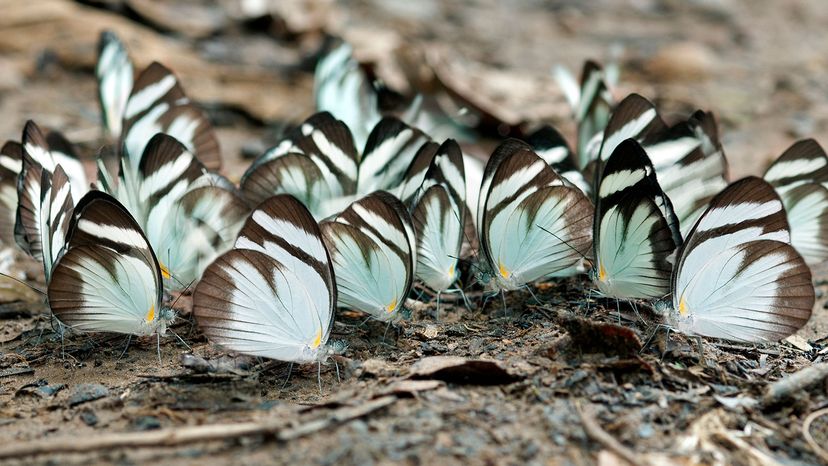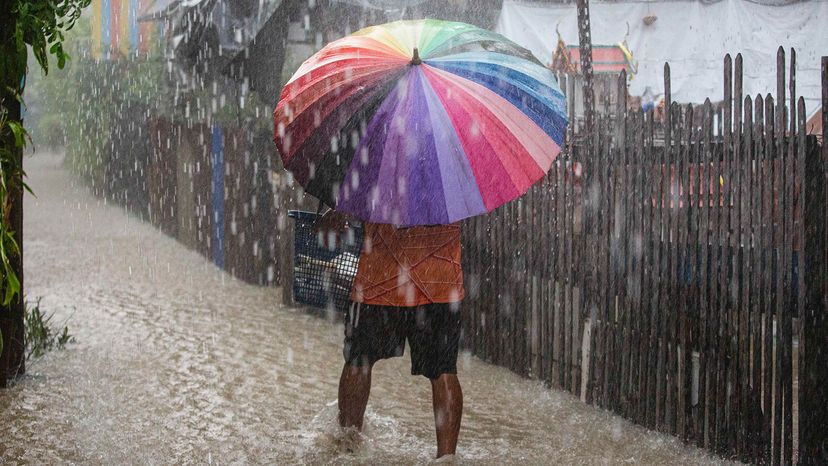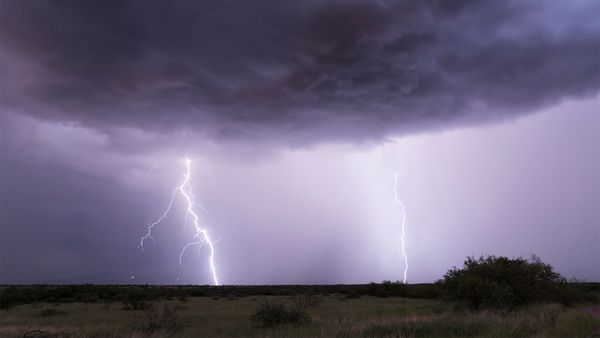
Chaos evokes images of the dinosaurs running wild in Jurassic Park, or my friend's toddler ravaging the living room.
In a chaotic world, you never know what to expect. Stuff is happening all the time, driven by any kind of random impulse.
Advertisement
But chaos has a deeper meaning in connection to physics and climate science, related to how certain systems — like the weather or the behavior of a toddler — are fundamentally unpredictable.
Scientists define chaos as the amplified effects of tiny changes in the present moment that lead to long-term unpredictability. Picture two almost identical storylines. In one version, two people bump into each other in a train station; but in the other, the train arrives 10 seconds earlier and the meeting never happens. From then on, the two plot lines might be totally different.
Usually those little details don't matter, but sometimes tiny differences have consequences that keep compounding. And that compounding is what leads to chaos.
A shocking series of discoveries in the 1960s and '70s showed just how easy it is to create chaos. Nothing could be more predictable than the swinging pendulum of a grandfather clock. But if you separate a pendulum halfway down by adding another axle, the swinging becomes wildly unpredictable.

Advertisement



